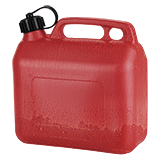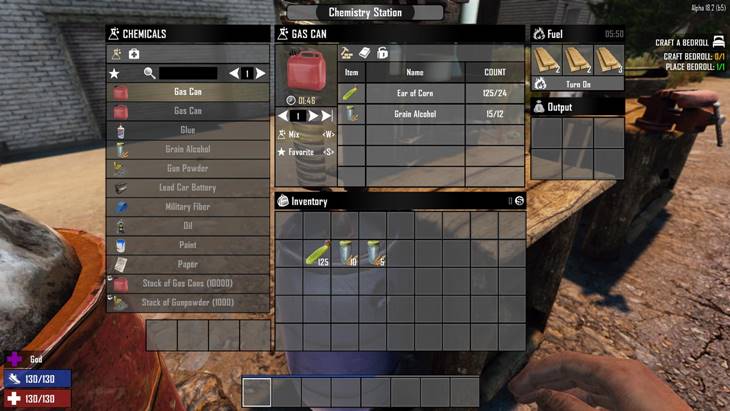

That said, multiple studies show that some populations are starting to see protection against disease dwindle, including older adults, who account for the majority of the severe breakthrough infections. Very few fully vaccinated Americans have been hospitalized or have died from COVID-19 - about 0.009 percent, according to the most recent data.

And the COVID-19 vaccines are still highly effective at doing just that - they’re keeping people out of the hospital and preventing them from succumbing to the disease. While the coronavirus vaccines can help to thwart infection (unvaccinated people are eight times more likely to get COVID-19 than vaccinated individuals, according to the CDC), their primary function is to prevent serious illness, explains Anna Durbin, M.D., a vaccine and infectious disease expert at Johns Hopkins Bloomberg School of Public Health. Booster shots could rev up waning protection in some The boosters from Pfizer and J&J are the same formulation and dosage as the initial vaccines, but Moderna’s booster is half the dose - 50 micrograms - of the first two shots. Clinical trial data show that the smaller dose still generates a strong immune response, and the company says the lower dose helps to increase worldwide supply.ģ. When it comes to J&J’s booster, eligibility requirements are more straightforward: Anyone 18 or older who had their vaccine at least two months ago can get a booster. Data shows the mRNA vaccines are still highly protective against severe illness in most people. Young and otherwise healthy adults whose jobs or living situations don't put them at risk are encouraged to hold off on a booster shot for now.

Individuals 18 and up who live or work in high-risk settings also qualify for an mRNA booster. Nearly 190 million Americans are fully vaccinated, according to the Centers for Disease Control and Prevention (CDC), but not everybody can get a booster shot at this time. Moderna and Pfizer vaccine recipients are only eligible for a booster if they are at least six months out from the original vaccine and are 65 and older, or 18 and older with an underlying health condition that puts them at high risk for severe COVID-19. Boosters are available, but not everyone qualifies for one Here’s what you need to know about these additional doses as the shots roll out: 1. A nurse marks a vaccination card with a third dose of the Pfizer COVID-19 vaccine.Įn español | Tens of millions of Americans who have been vaccinated against COVID-19 are now eligible for a booster shot, which is meant to wake up the immune system so it stays sharp if confronted with the coronavirus.īoosters from Pfizer-BioNTech, Moderna and Johnson & Johnson (J&J) are now available in pharmacies, health clinics and doctor’s offices across the country.


 0 kommentar(er)
0 kommentar(er)
